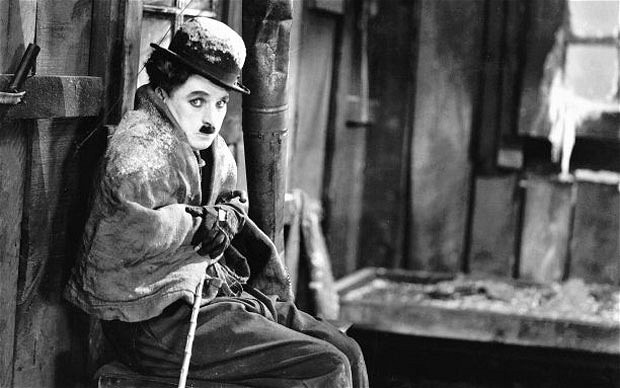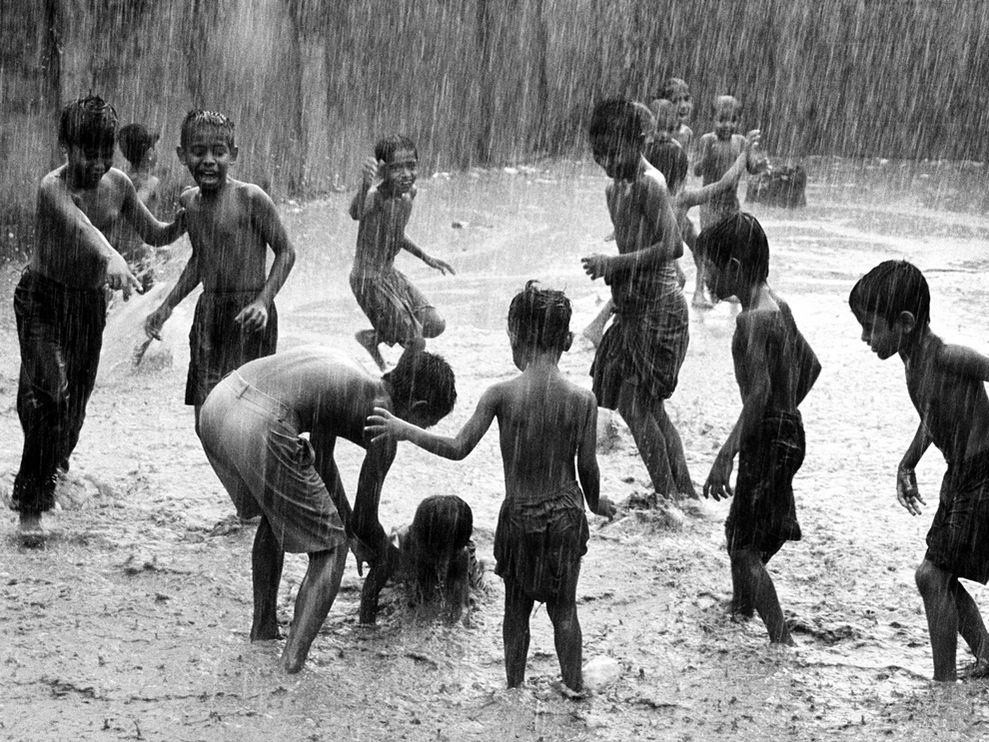Recently we raise a debate on the nature of science education in the age of technological seduction. Here is a response that reveals how technocratic consciousness is killing the critical spirit of science.
Nutan Upadhyay is an educationist, working with tribal community of Jharkhand.
It is perhaps the right moment to ask ourselves a very important yet an often overlooked question regarding the structural conditions in which young children are educated in our times and the kind of societal pressures that operate upon them and often determine their choices of vocation, career and life’s calling. It is important to ask this question because only when we ask this question we begin to unfold the many currents that shape people’s choices, and impact the way that they orient themselves to live their lives.
The debate that The New Leam generated issue regarding the theme ‘Does technological seduction destroy the rigor of Science’ is perhaps one that reveals so much about the kind of society that we live in. The 21ST century has seen the unprecedented growth of technology, leading to a world that has celebrated its expansion as the marker of human progress and betterment. Worldwide all nations see it as a matter of national pride and honor if their technology in industry or in space research overpowers those of their neighbors. Moreover, in third world countries such as ours this seems to be one of the ways in which we may regenerate a sense of lost national pride.
Back in our own nation this seems to be true as well. We seem to live in a time where it is vocations such as engineering/information technology that are the most sought after. Our children are socialized to believe that it is only in these vocations that they can find a meaningful existence and any other vocational decision is worthless or necessarily inferior. Succumbing to such an enormous societal pressure young children often make career choices in this direction, not out of their own inner willingness or interest but because they are given little or no time to reflect as to what they themselves want to do with their lives.
Today, in every city and town we find hundreds of coaching centers and training bureaus that coach students and prepare them for appearing in entrance tests in engineering institutions. The proliferation of this culture has been further accentuated by the logic of the market, that looks at education as nothing more than another commodity that can be sold or purchased at a designated rate. Today it is technical education that is the demand of the market and not literature or humanities education. No wonder, the market remains indifferent and produces more and more centres that sell technical qualifications. This has created a strange vicious cycle in society, where it is the market alone that begins to dictate what is worth learning and teaching. In such a scenario the teachers, guardians and children are perplexed and compelled to believe that such education alone is a guarantee of one’s meaningful existence. And without allowing even a moment of contemplation to a child, we keep pushing him in the rat race and compel him to take up a career choice that is taken because of a push from behind and not because he has consciously taken this decision after much thought and deliberation. This is ironic that from the beginning of the schooling journey science as wonder, science as inquisitiveness is not taught to the child; instead, we stress on mechanical memorization of formula and numerical, but do not devise the kind of pedagogy that creates love for physics or chemistry or biology. These subjects then lose their fragrance and wonder and become bundles of dry information that is accumulated over the years but one never finds an opportunity to rediscover oneself through them. Thus we would find students who have taken up these subjects because they want to do an engineering course later and take up a high package job but not because they necessarily see wonder, imagination and creativity in the subject of science.
The inquisitive mind of Issac Newton that was fascinating behind the story of the falling apple, Marie Curie who stayed awake many nights and suddenly discovered the element called radium, Albert Einstein who was always fascinated by the phenomenon of relativity is an amazing revelation of how science can help us relate to and understand the world around us. But paradoxically, the way that we have created science education today is really bereft of any of this sense of wonder. It is nothing but dry accumulation of knowledge, and in the process the individual himself is missing. Such orientation devalues the beauty of science and makes it a slave of technological seduction.














